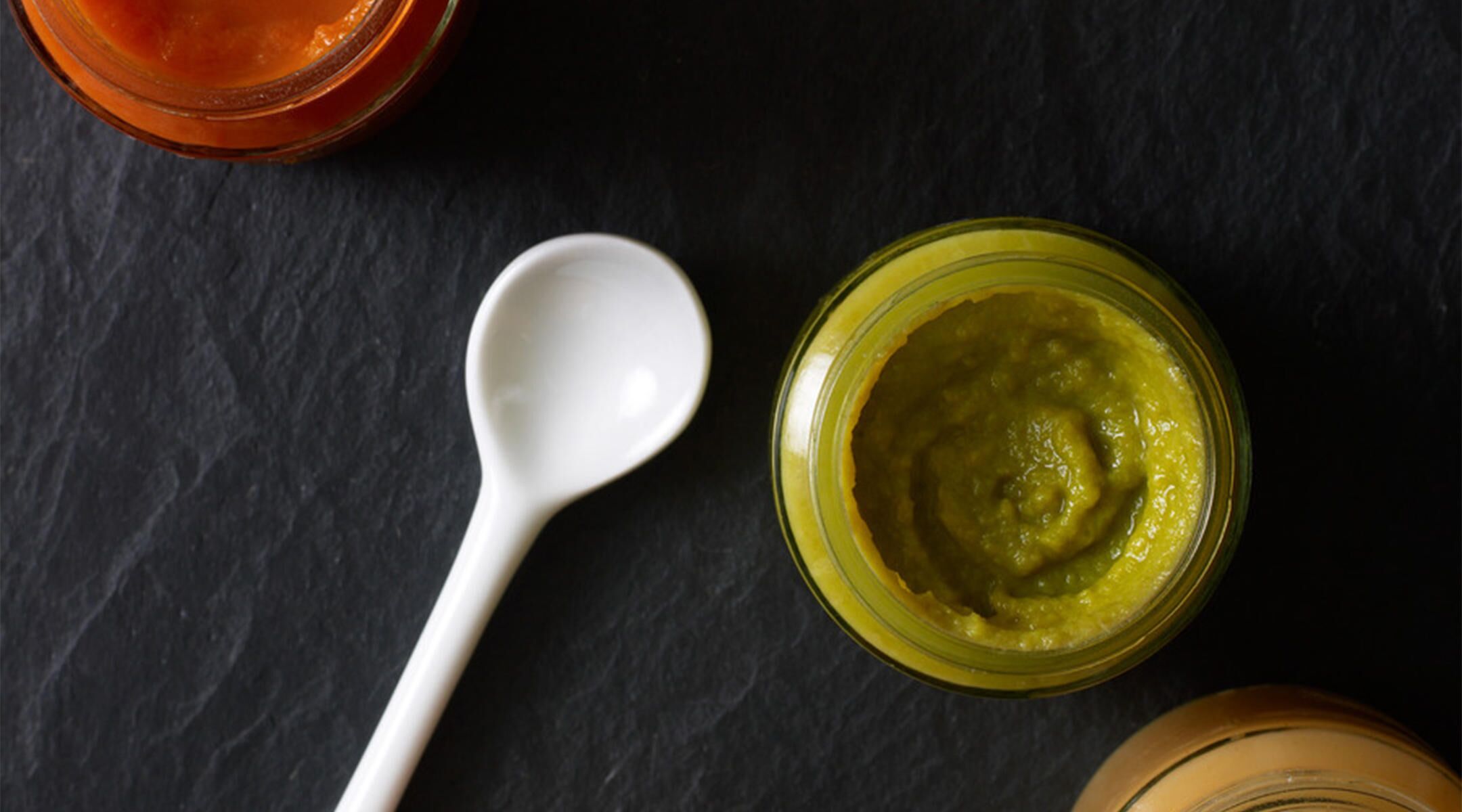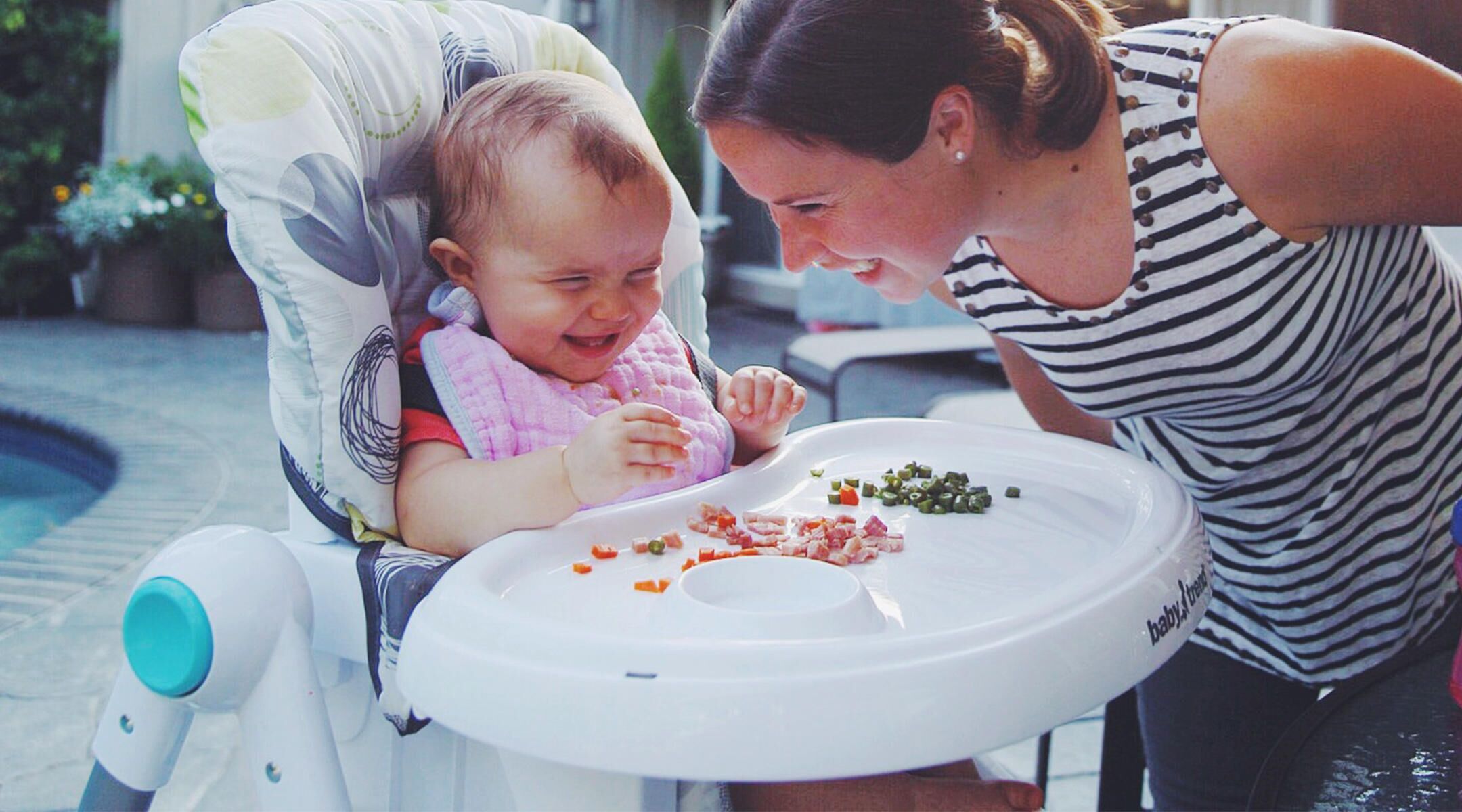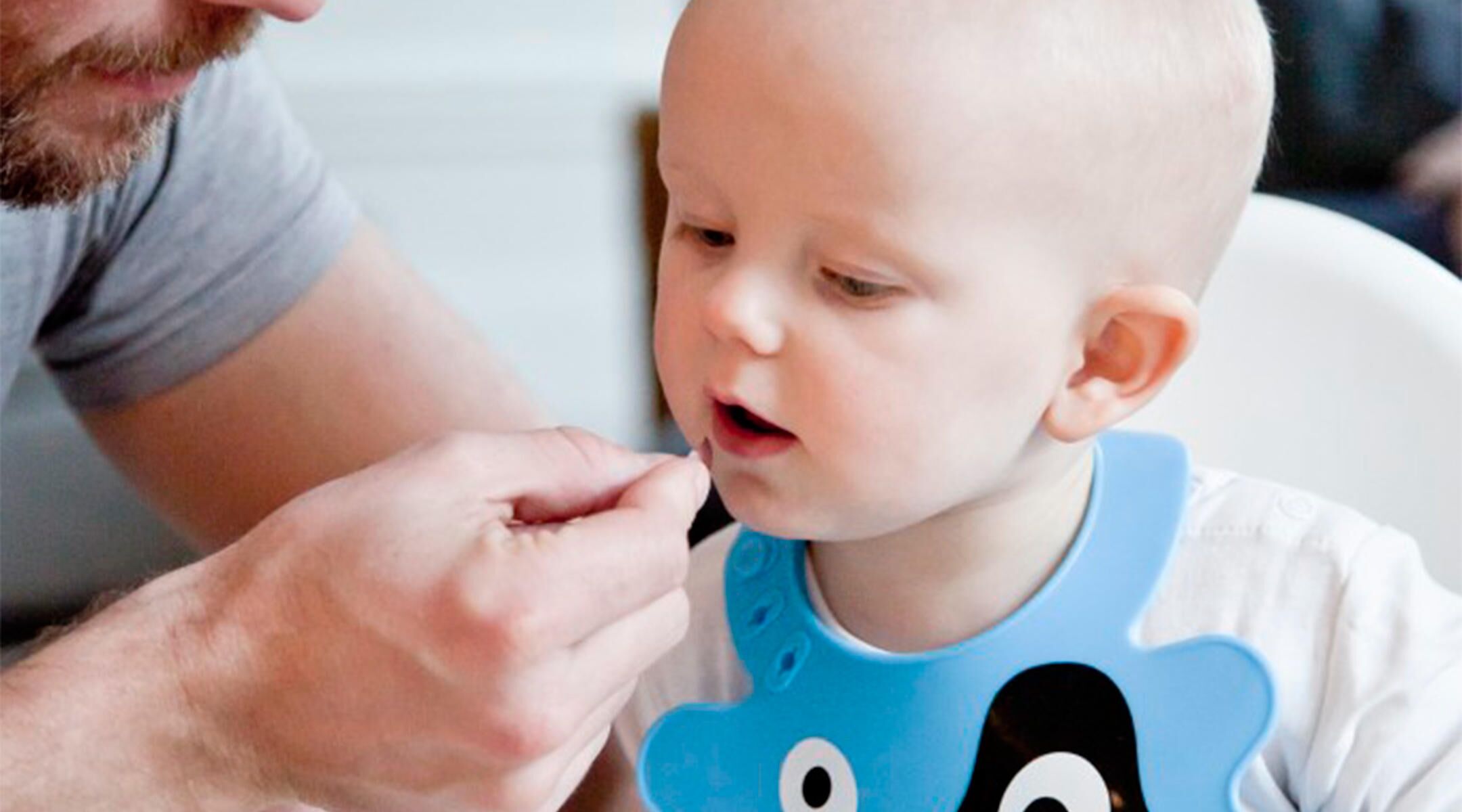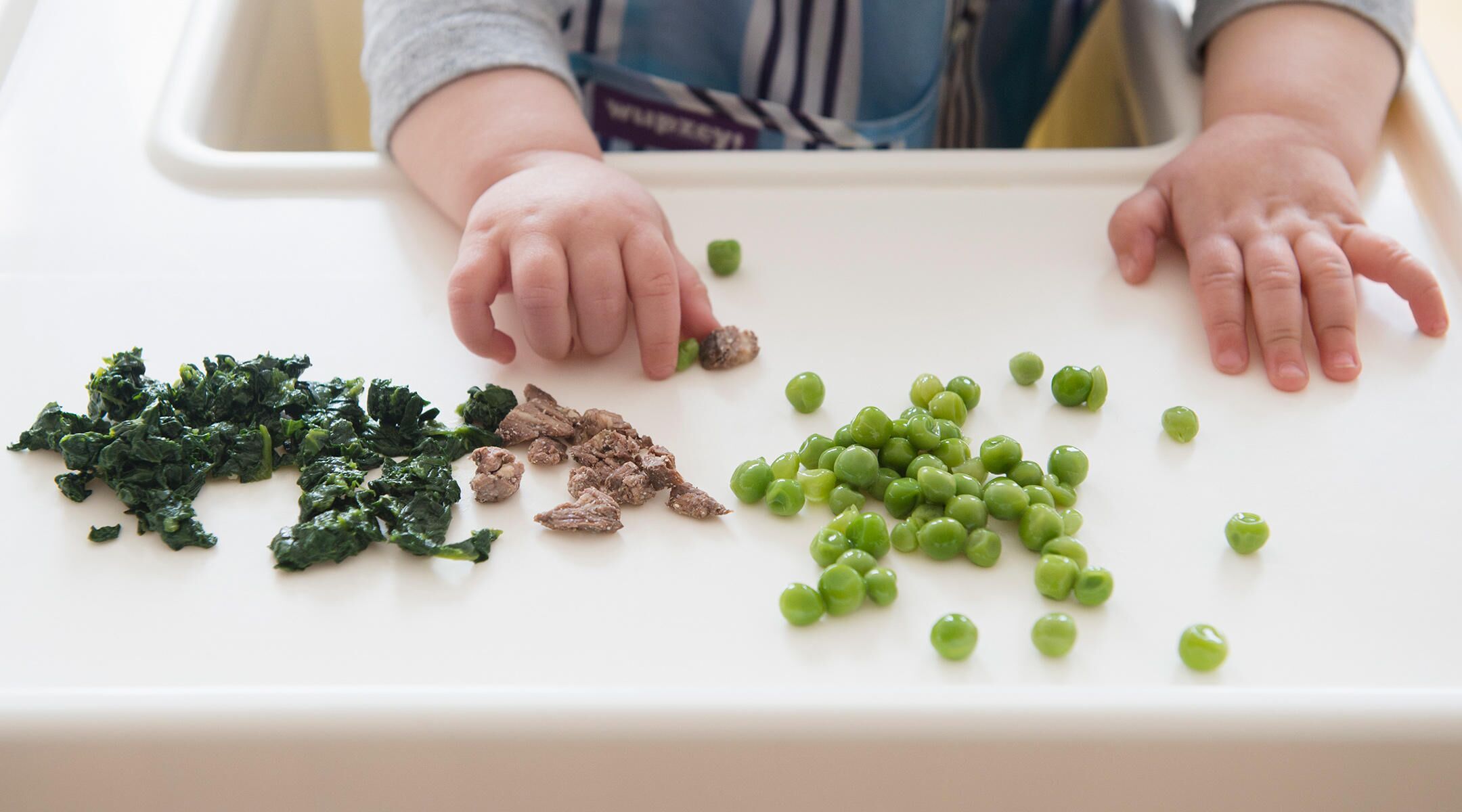The sweet spot for introducing baby to solids? Right around 6 months, according to the US Centers for Disease Control and Prevention (CDC) and the American Academy of Pediatrics (AAP). Ideally, babies should be exclusively breastfed until then. But how many parents are actually abiding by that official recommendation? Only about a third, according to a CDC study.
The study, published in the Journal of the Academy of Nutrition and Dietetics, is the first to examine complementary foods for a nationally-representative group of US infants. Complementary foods include anything that’s not breast milk or infant formula, like baby food, cereal, juice and cow’s milk. Researchers used data from the National Health and Nutrition Examination Survey (NHANES) to evaluate the food intake of 1,482 children between 6 and 36 months old.
So when are parents introducing those complementary foods?
Before 4 months: 16.3 percent
At 4-5 months: 38.3 percent
At 6 months: 32.5 percent
At 7+ months: 12.9 percent
“Introducing babies to complementary foods too early can cause them to miss out on important nutrients that come from breast milk and infant formula,” CDC lead investigator Chloe M. Barrera, MPH, says. “Conversely, introducing them to complementary foods too late has been associated with micronutrient deficiencies, allergies, and poorer diets later in life.”
Knowing when to introduce solids is only half the battle. The other half is knowing what. For some help, check out our solid food starter guide here.
Please note: The Bump and the materials and information it contains are not intended to, and do not constitute, medical or other health advice or diagnosis and should not be used as such. You should always consult with a qualified physician or health professional about your specific circumstances.
Navigate forward to interact with the calendar and select a date. Press the question mark key to get the keyboard shortcuts for changing dates.




















































